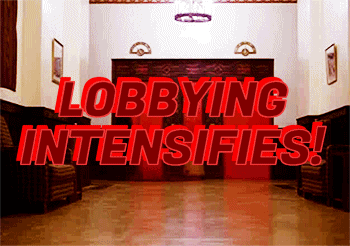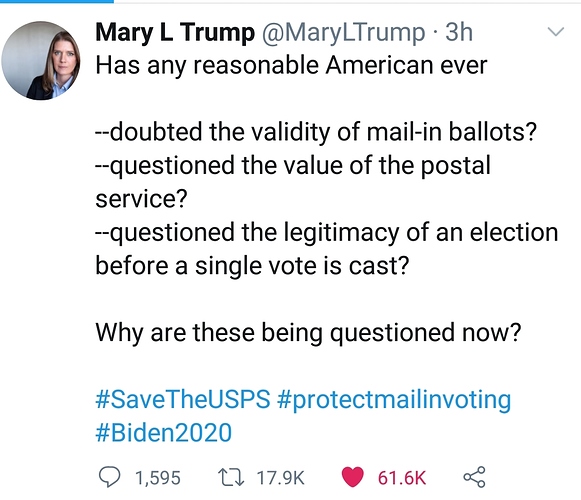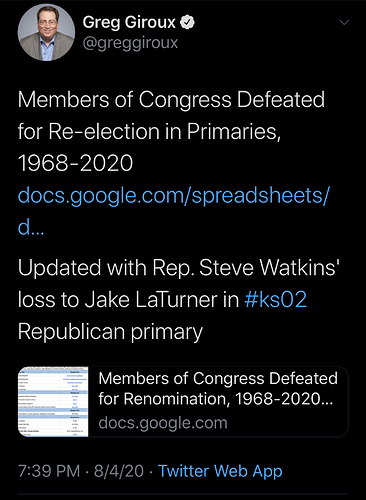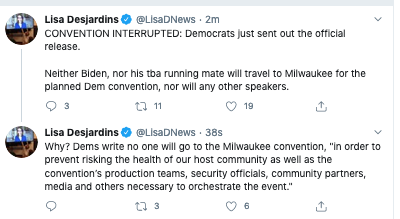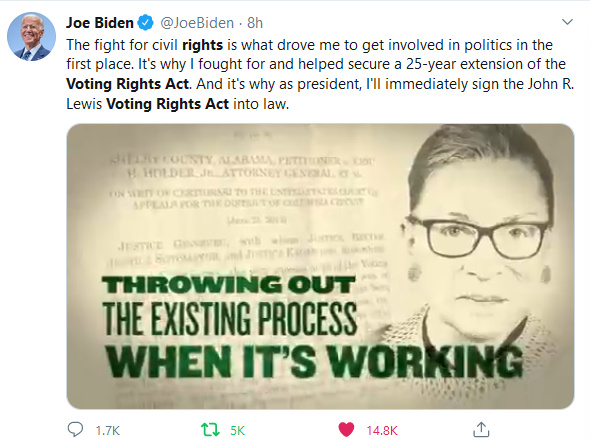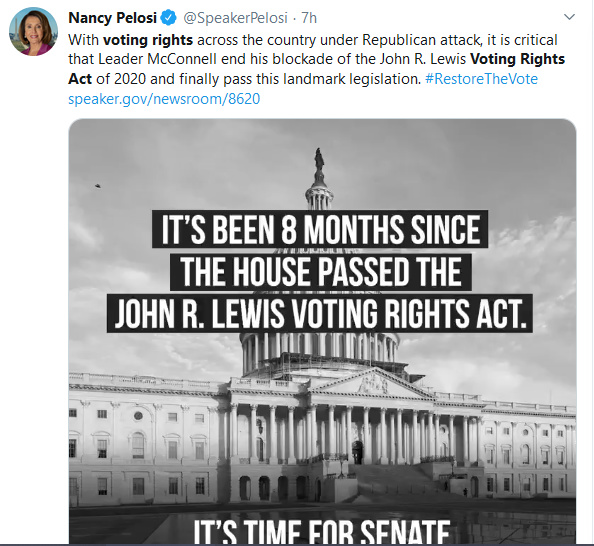Here’s how to prepare for Trump rejecting the election results in November
President Trump is laying the groundwork to do something that no previous president has ever done: falsely claim that an election was fixed against him in order to discredit the vote. Trump has repeatedly — and incorrectly — claimed the election will be “rigged” against him. By promoting a series of wacky, debunked conspiracy theories, he has primed his supporters to wrongly believe he is the victim of some unknown, shadowy “deep state” plot. In an interview that aired last week, he refused to commit to accepting the results in November.
His actions challenge the flagship event of our republic: the peaceful transfer of power after an election, accepted by all candidates. (It’s worth noting that in 2016, Hillary Clinton quickly accepted the results and congratulated her opponent, while also criticizing the election’s integrity based on verified instances of Russian information warfare — a far cry from Trump peddling the debunked myth of widespread voter fraud.) With about 100 days to go, we are careening toward an extraordinarily dangerous crisis of American democracy.
Such crises never happen in other functioning democracies. But they happen all the time in broken countries around the world. In contentious elections from Africa to southeast Asia, incumbents who lose often refuse to accept defeat. Welcome to the club, America!
All the warning lights are blinking red. University of Birmingham professor Nic Cheeseman , an expert on contentious elections and political violence with whom I co-authored the book “How to Rig an Election,” normally worries when contested votes happen in Kenya or Zimbabwe. Now, he’s worried about the United States. “There are five warning I always look for,” he told me. “Organized militias, a leader who is not prepared to lose, distrust of the political system, disinformation, and a potentially close contest. Right now, the U.S. has all five.”
Consider ourselves warned. The question, then, is: What do we do about it? If Trump ends up trying to torch crucial norms of democracy in order to save face, how can we prepare? Other countries offer a series of lessons we should urgently learn from, so that if (or when) the worst happens, Trump’s matches don’t light.
First, we need a bipartisan pact endorsing the results. Incumbents who reject results solely because they lost tend to get more traction when their party backs them uniformly. When cracks show, the self-serving farce falls apart. Democrats and Republicans who believe in democracy should agree to immediately and publicly accept the election results (barring any major irregularities).
All living former presidents should be involved. It would also be particularly helpful to ensure that former members of the Trump administration — such as John Kelly, H.R. McMaster and Jim Mattis — are on board. The broader the coalition, the more Trump’s desperate ploy would be exposed for what it is.
Second, shore up public confidence with oversight. State election officials can conduct quick randomized audits and release results that demonstrate the integrity of the process. Many states do not automatically mandate such audits, but there is still time to expand them before November. And while some states have put up roadblocks to independent international election observers in the past, now would be a good time to welcome them with open arms. They might shine an embarrassing light on any state’s electoral failings, but can quickly debunk false claims of manipulation made by losers.
Third, the media should do more to educate voters about election administration. Trump’s lies about election procedures work when people don’t understand the process. For example, Trump tried to attack mail-in ballots while saying that he has no issue with absentee ballots, even though no-fault absentee ballots and mail-in voting are exactly the same thing. Just as it’s easier to scare people with the risks of dihydrogen monoxide until people realize that it is water, educating voters will make it harder for Trump to get away with lying about how elections are held.
Fourth, state and local election officials should do more contingency planning for a pandemic election. Things will go wrong. The more preparations are done now, the fewer examples Trump and his allies can cherry-pick to make false claims of being the victim of an unfair vote. Again, the media can help expose states that aren’t ready, to help kick them into gear.
Sign up for The Odds newsletter for election updates from data columnist David Byler
Finally, it would help if the margin was clear and court rulings were swift and decisive to uphold democracy. As professor Sarah Birch, author of “Electoral Violence, Corruption, and Political Order,” told me: “Malawi provides a good example of a country that recently weathered a contentious election more successfully than many observers had expected.” Even though the president tried to manipulate the vote — and even tried to cancel it — “the clear margin of victory of the winner together with the resoluteness of the courts in insisting on adhering to democratic electoral norms” blunted the damage done by the losing incumbent.
If Trump’s authoritarian populism wins in November, the United States faces an existential threat to its democracy. But if he loses, the period between Nov. 4 and Jan. 20, 2021, will be particularly dangerous, too. It’s not too late. But we must get ready.

